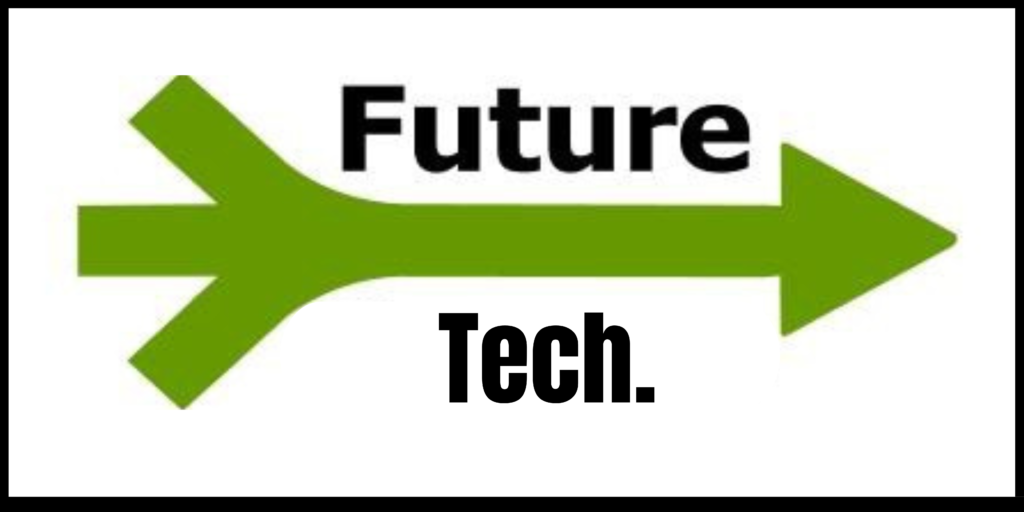
App development services:
Define Your Service Offering
It’s essential to clearly communicate what types of app development services you provide. You can break them down into specific categories:
Mobile App DevelopmentiOS App Development: Create apps specifically for Apple devices (iPhones, iPads).
Android App Development: Build apps for Android devices with Java/Kotlin.
Cross-Platform App Development: Use frameworks like Flutter, React Native, or Xamarin to build apps that run on both iOS and Android.
Web App Development
Develop web-based applications that can be accessed through a browser.
Use frameworks like Angular, React, or Vue.js for front-end and Node.js, Ruby on Rails, or Django for back-end.
Hybrid App Development
Build apps that work on both mobile and web platforms using a single codebase.
Frameworks like React Native, Ionic, and Flutter help create hybrid apps.
Custom App Development
Tailor an app to solve specific problems or fulfill the needs of a business or user.
This can include anything from CRM systems, e-commerce platforms, business productivity tools, etc.
App Maintenance & Updates
Offer app support services like bug fixes, feature updates, and performance optimization after the initial development phase.
Portfolio & Case Studies
To build credibility and attract clients, showcase your past work:
Portfolio: Build a website or landing page to display your best app development projects. Include screenshots, descriptions, and links to apps on app stores (if applicable).
Case Studies: Explain the challenges your clients faced, how you solved them with your app, and the results of your work (downloads, revenue growth, user engagement).
App Demos: Provide demos or free trials of your apps so potential clients can experience them firsthand.
Development Process
Communicate clearly about how you approach app development:
Initial Consultation: Understand the client’s requirements, business goals, and user needs.
App Design: Wireframing, UX/UI design, and prototyping.
App Development: Coding the app, implementing features, and integration.
Testing: Quality assurance, bug fixing, and performance testing.
Launch: Deploy the app on app stores (Google Play, Apple App Store) or hosting platforms.
Post-launch support: Maintenance, updates, and fixing any issues that arise.
Technology Stack
Clients will often want to know the technologies and tools you use for app development:
Languages: Java, Swift, Kotlin, Dart (Flutter), JavaScript (React Native), etc.
Frameworks: React Native, Flutter, Xamarin (cross-platform), Django (back-end), etc.
Databases: Firebase, MySQL, MongoDB, PostgreSQL.
Cloud Services: AWS, Google Cloud, Microsoft Azure.
App Design Tools: Figma, Sketch, Adobe XD, InVision.
Marketing Your App Development Services
To attract clients and expand your reach, here are some ways to market your services:
Website:
Create a professional website where potential clients can learn about your services, see your portfolio, and contact you.
Include client testimonials, a detailed service list, and call-to-action buttons.
Social Media Presence:
Use platforms like LinkedIn, Twitter, and Instagram to promote your services, share client success stories, and provide useful app development tips.
Post case studies, app development tips, or industry news to establish your expertise.
Freelance Platforms:
Sign up on platforms like Upwork, Fiverr, Toptal, and Freelancer to find clients seeking app development services.
Cold Outreach:
Reach out to potential clients (startups, small businesses, influencers) and offer a free consultation or demo of your app development services.
Referral Program:
Create a referral program to encourage satisfied clients to recommend you to others. This can help generate more business through word-of-mouth.
Partnerships:
Partner with design agencies or digital marketing firms that don’t offer app development but may need a reliable developer to complete their projects.
Client Communication
Good communication is key to delivering high-quality apps:
Regular Updates: Keep your clients updated throughout the development process and get feedback at each stage.
Clear Timeline: Set clear expectations about when the app will be delivered and stick to deadlines.
Post-launch Support: Provide ongoing support and updates after the app is launched, ensuring everything runs smoothly.
Monetization of Apps (Optional)
If you’re developing apps for your own purposes or for clients, here are some monetization strategies to consider:
In-app purchases: Allow users to buy digital content or features.
Subscription models: Offer premium features through a subscription.
Ads: Use ad networks like Google AdMob to generate revenue through ads displayed in your app.
Freemium: Provide basic features for free and charge for advanced functionalities.
App Store Optimization (ASO)
Once an app is ready, it’s important to optimize it for app stores (Google Play and Apple App Store):
Keywords: Use relevant keywords in the app’s title, description, and tags to improve visibility.
Attractive App Icon: Create a visually appealing and professional app icon.
App Screenshots & Video: Upload engaging screenshots and videos to showcase the app’s features and benefits.
Ratings & Reviews: Encourage satisfied users to leave positive reviews to boost your app’s credibility and rank.
.
